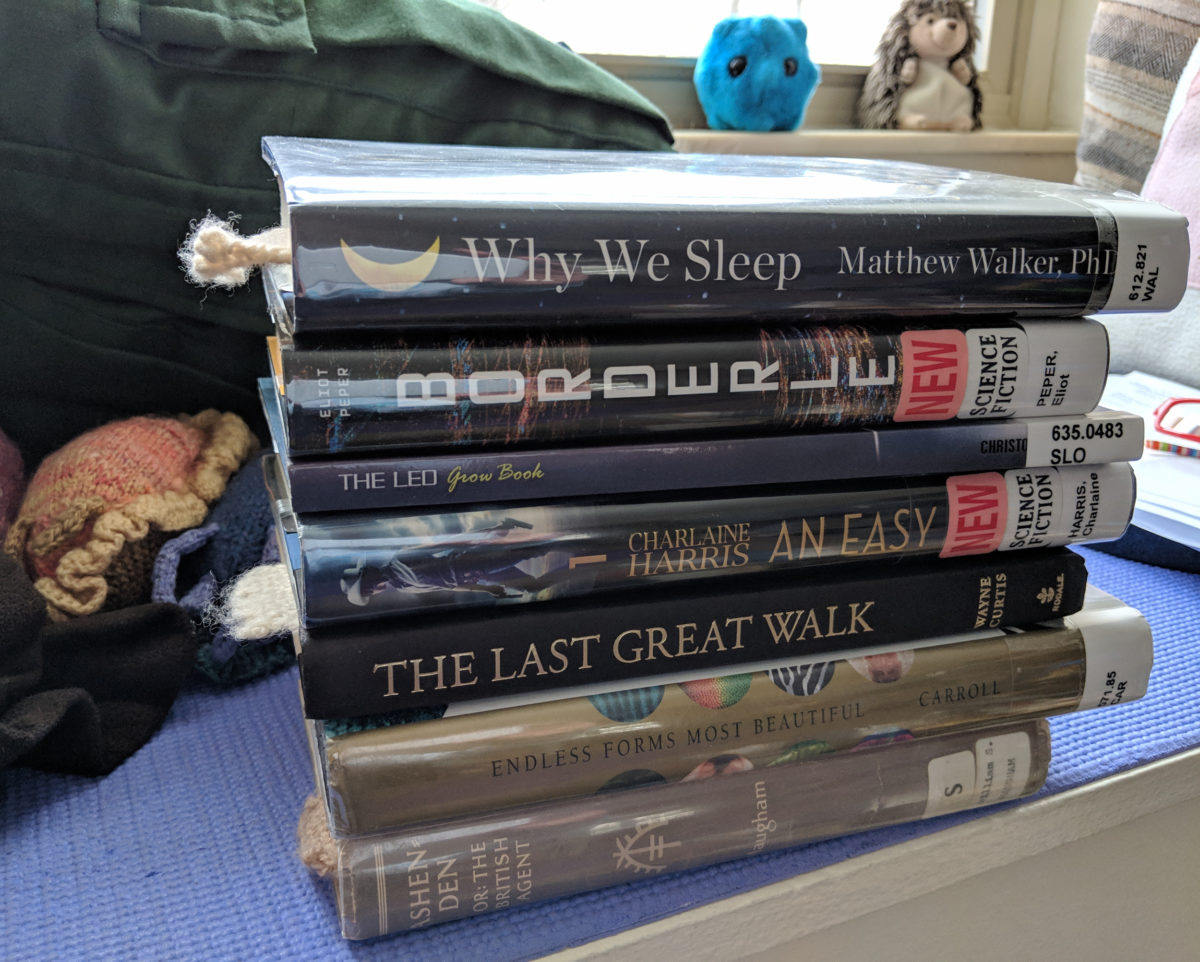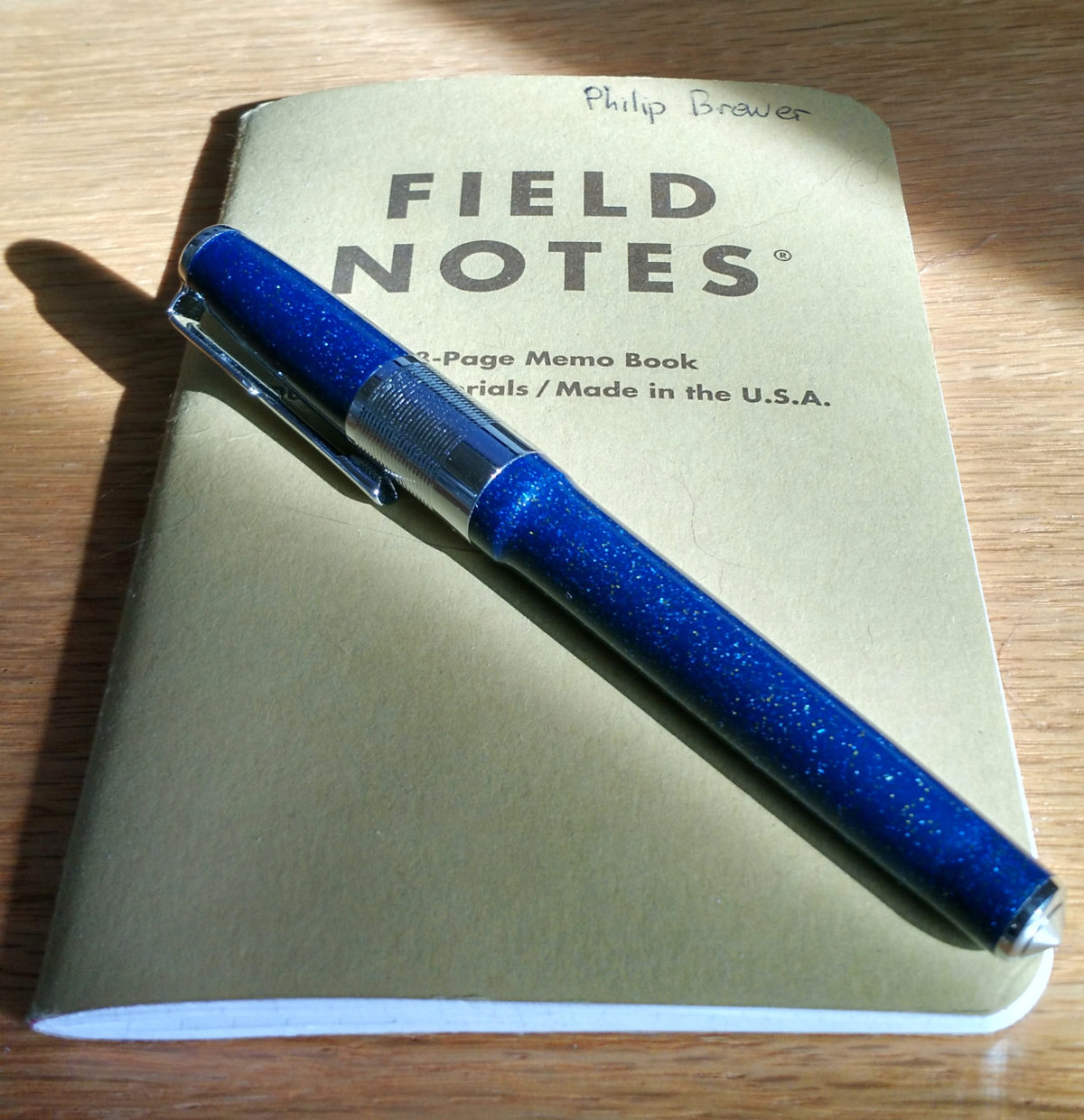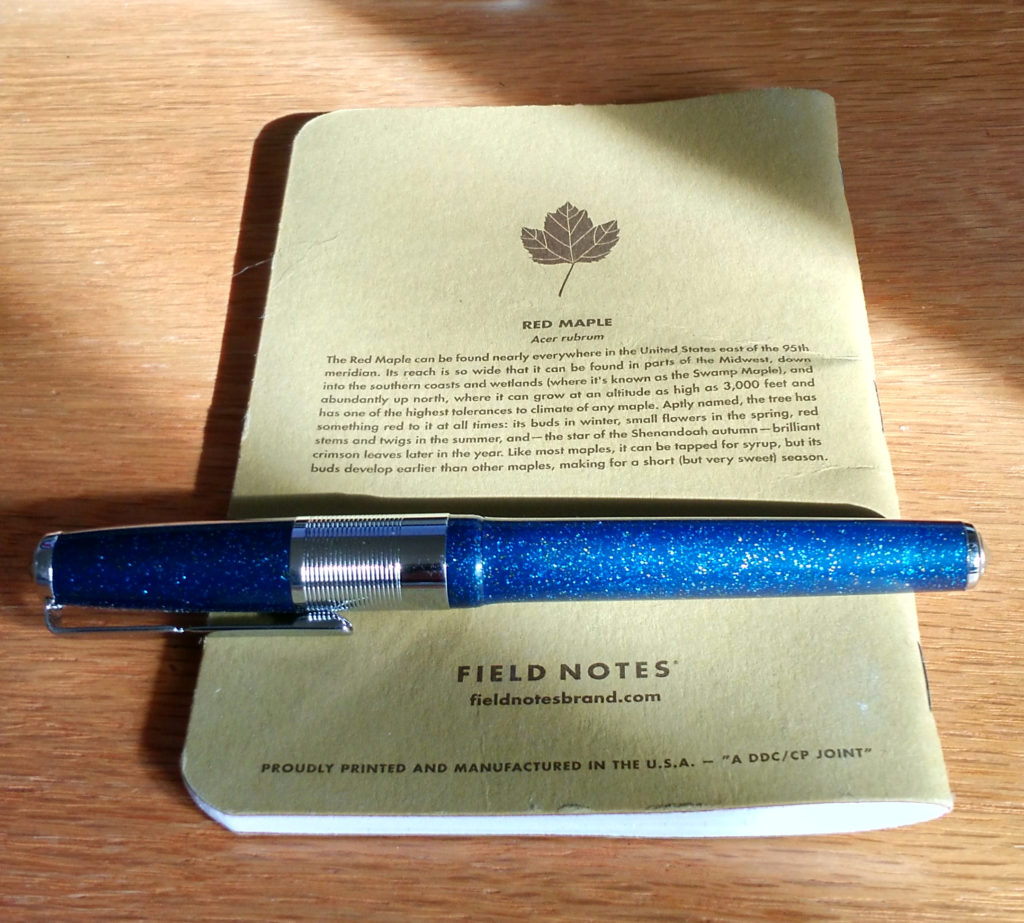For some time now I’ve found myself in the middle of an unusually large number of books. Actually, that’s not quite true—I’ve forever gotten myself in the middle of multiple books; what’s different lately is that I’ve found it difficult to crank on through to the end of them.
I recently figured out why, which led to me telling Jackie, “I used to be able to just sit down for four or six hours and finish a book or two or three, but I don’t seem to be able to do that any more.”
Jackie of course immediately spotted the issue, which was why I put it that way. “With your new focus on movement,” she said, “you’re much less willing to just sit down for four or six hours to do anything.”
I actually have data showing this. My new Oura ring has a feature to alert me if I spend 50 minutes sitting (or standing) still, but that nagging function is going virtually unused—I’ve gotten exactly one ding for a “long period of inactivity” in the past month. I just don’t sit still for as long as fifty minutes any more.
Getting in plenty of movement is great, and I certainly feel better for doing it, but until recently has had an unfortunate side-effect: I’ve found it very easy to waste those less-than-fifty-minute blocks of time.
In fifty minutes I can check my email, scroll through my twitter feed and my facebook feed, read a couple of articles people have shared links to, and check my RSS feeds. And then after going for a walk or a workout (or just making a cup of coffee), I can waste another fifty minutes.
But fifty minutes is plenty of time to get something useful done, such as reading a chunk of a book. Just lately, finally, I’ve been using those blocks of time that way. (Like a grownup!)
By applying myself to reading books, I am making good progress. I just finished Eliot Peper’s Borderless, which was excellent, and I’m more than halfway through Mathew Walker’s Why We Sleep, which is absolutely fascinating. I hesitate to start Sean B. Carroll’s Endless Forms Most Beautiful until I finish the sleep book. But, having made some progress, I feel like . . . . Well, not like I can see the light at the end of the tunnel. More like I figured out how to go spelunking in the book-reading caverns without bonking my head, scraping my knees, and getting a crick in my back.
It’s not like the old days, when I could curl up in a chair (or sprawl out on the floor) and read for hours. But it’s probably better.



